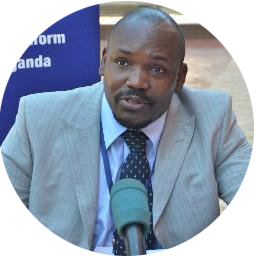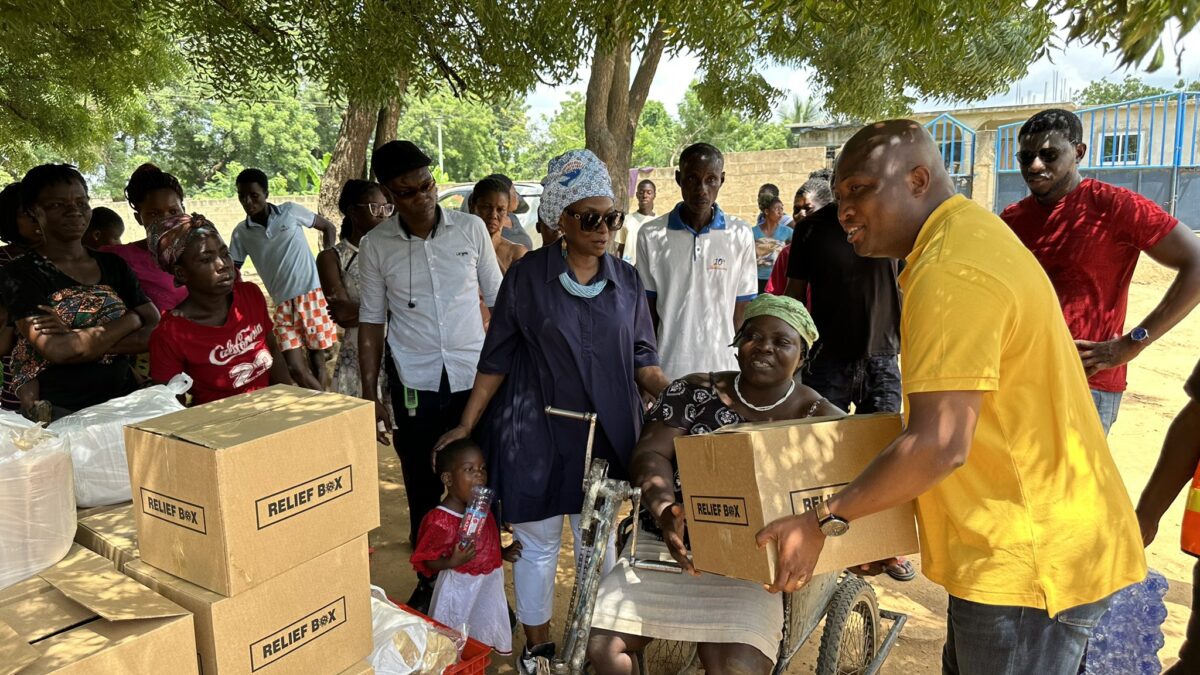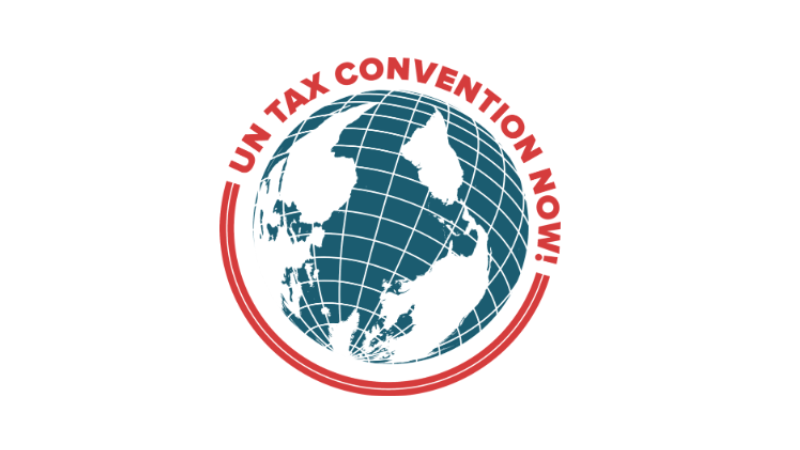Both donor and recipient must be accountable for international aid

A historic global agreement on tax is under threat. Here’s why.
August 7, 2023
A UN tax convention is finally in the making. Now what?
January 22, 2024Vitalice Meja (or simply Meja, as he likes to be called) is the Executive Director of Reality of Aid Africa, a pan-African civil society initiative to contribute to more effective development cooperation and international aid. Founded in 2000, Reality of Aid Africa is part of the global Reality of Aid Network. I have collaborated with Meja for many years and find him to be one of the sharpest minds when it comes to analysing the impact of international assistance on receiving countries. Here we talk about how to improve accountability for the aid donor governments give to recipient countries and Civil Society Associations (CSOs), particularly in Africa.
Meja, since we last worked together a few years ago there has been a major push to ‘localise’ humanitarian and development responses, that is, to move funding and leadership to local actors, who are closest to action on the ground. What is your view on this trend?
Localisation is good as long as the risk involved in localising is shared by both donors and recipients. Donor grants continue to include strict compliance requirements and they are simply too tough for national CSOs to meet. We must find another way to comply with these fiduciary obligations if we are serious about localisation. An example of what I’m talking about is when CSOs are asked to frontload the money to keep operations running while waiting for a grant to be formally approved. This process can last months. It is not realistic to expect a national CSO to continue to pay its staff during this period.
As the representative of a national NGO network, I believe our approach to localisation shouldn’t just focus on getting more resources to local actors. It should also be about co-leading the design, monitoring and evaluation of each project. In reality, this never happens. You always need to meet donor specifications in the end.
Please explain.
Transparency and clarity should guide each proposal-drafting process. Donors may share the guidelines they use to evaluate project proposals, but they do not include all the criteria they actually use. This means you never know what other elements donors consider when choosing one proposal over the other. This lack of transparency complicates things.
Another example of what I’m saying is when a donor comes back with the good news that your project proposal has been approved but you now must carry out the same proposed activities with a lower budget. Little or no explanation is given and usually, the contact person in the donor agency is not the ultimate decision-maker on your proposal. So you never really know what happened in the process. There’s no accountability there.
What can be done to improve donor accountability then?
A solution would be to have a political discussion on how the project proposal would benefit the donor. What is the return on their investment in development? Emphasising public policy over political considerations has its limitations. We know, for example, that donors seek visibility through the projects they fund in at least 60%-70% of all interventions. At the same time, it is important to distinguish foreign policy interests from development interests.
On a broader level, middle-income country governments can find alternatives to this logic by securing other sources of funding, for instance through public-private partnerships. Low-income countries, on the other hand, have a more serious challenge. Their options are more limited.

Moving from civil society to government recipients, how do you recommend improving accountability in international cooperation?
Real accountability for effective development cooperation happens on two levels. At the global level, it means agreeing good development policies and honouring international commitments. Once you have these two elements in place, you need to monitor donors’ behaviour change. If donor governments start indeed to change their behaviour to fulfill their commitments, you will start seeing deep reforms in the international aid system. You will start seeing profound changes in how the system is structured.
At the local level, accountability is based on the results of your intervention on the ground. If the intervention is effective, it will make a positive impact on local communities and then gradually at national level. This step requires that recipient governments change their administrative and financial systems to adapt to the new situation.
Some international Non-Governmental Organisations (NGOs) argue that direct financial support to governments’ budgets – or ‘budget support’ – is the most effective way to provide government-to-government development funding. In your view, how does this approach impact accountability?
Unless budget support is meant to cover social expenditures, such as national health and education systems, it must include a whole set of requirements to ensure the democratic governance of the funds. Citizens need to be able to monitor how these funds are spent – it is an issue of democratic ownership.
A way to improve accountability is to carry out citizen surveys in donor countries on how donor money is spent. Currently, there is very limited awareness in the EU and the US of the implications of international aid on the ground, except when there’s a scandal. Donor evaluations may only happen at the end of a project, usually in Year 3. Meanwhile, most recipient governments’ systems are not geared towards citizen-led accountability, so we must find another way to channel citizen views into public policy on the receiving end.
How can we address resistance to this kind of accountability by either donor or recipient countries?
Use a different strategy. We must address policy issues at the macro level instead of criticizing specific solutions proposed by an individual government. We must speak in broader terms and then bring in evidence to the government resisting change. Our job as civil society is to gather facts and monitor government behaviour. Ultimately, donor accountability is not enough without recipient government accountability. The fundamental questions we should ask ourselves when we monitor the effectiveness of development cooperation should be: do citizens have a voice in this intervention? Do citizens have access to information?
Cover photo credit: World Food Programme



